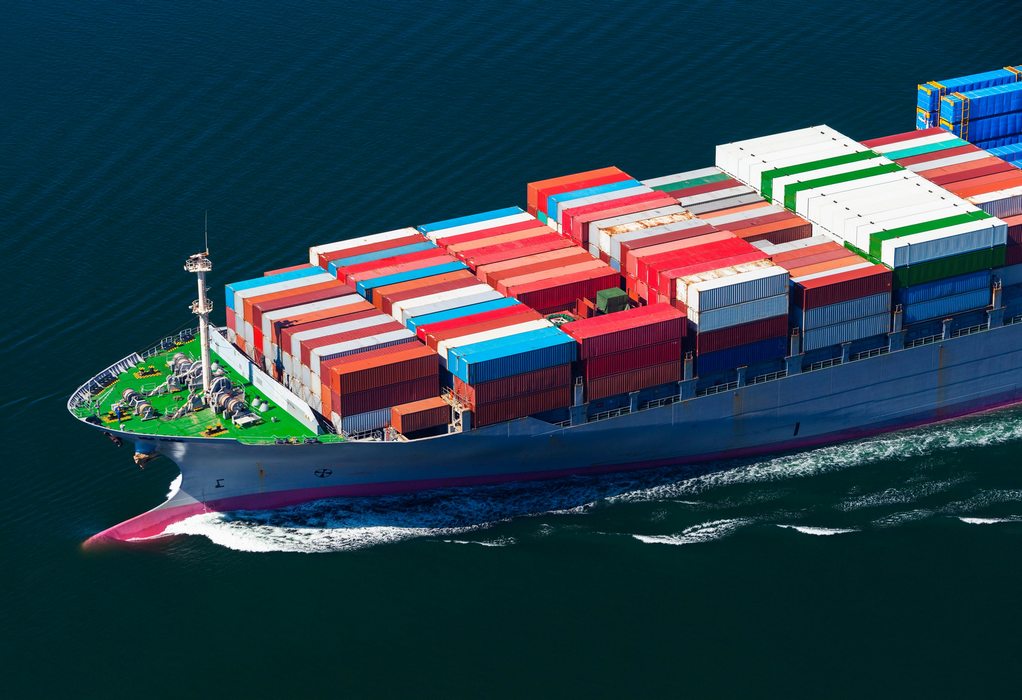Volvo has decided to transport material for the production of its vehicles across the world’s oceans mostly on container ships using renewable fuels.
Volvo Cars said that it transports tens of thousands of containers of production material each year and that the switch would achieve an immediate reduction in fossil CO2 emissions from intercontinental ocean freight by 55,000 tonnes over a year.
Renewable fuels, Volvo stated, reduce CO2 emissions by at least 84% compared to fossil fuels. The fuel is fatty acid methyl esters (FAME), based on renewable and sustainable sources, mainly waste cooking oil.
This fuel will be used for inbound ocean container transports of production material set for manufacturing plants based in Europe and the Americas, as well as all spare parts distribution made globally by ocean container transports.
Volvo’s partners in the initiative will be Maersk, Kuehne+Nagel, and DB Schenker. As a result, they switched to renewable fuel for all container transports done for Volvo Cars.


Recent Posts
Ammonia
Azane Unveils New Subsidiary to Drive Ammonia Bunkering Development Oslo, Norway
Fuels Heavy oils
Public sector carbon emissions fall to 3.7 mn tonnes in Singapore
Fuels Heavy oils
UltraTech Cement targets to achieve 85% green energy
Fuels LNG
JCB unveils hydrogen combustion technology